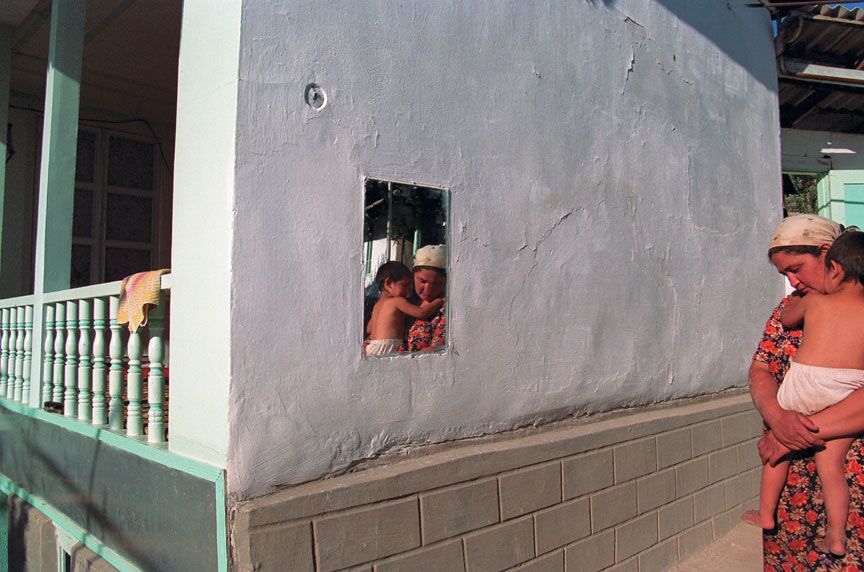News
Uzbek Artist to Face “Insult and Slander” Charge


Outrage swept across the Central Asian professional art community as news surfaced in late December 2009 that Umida Akhmedova, a prominent documentary photographer from Uzbekistan, had been criminally charged for “insult and slander of the Uzbek people and traditions.”
The incriminating evidence consisted of a portfolio of 110 photographs entitled “Women and Men: From Dawn till Dusk” and the documentary films Women and Men in Customs and Rituals and Virginity Code—all produced in 2007 under the auspices of the local Swiss Embassy’s Gender Program. The candid photographic depictions of the habits and rituals of ordinary Uzbeks as well as a frank and honest dialogue on sex and morality as practiced within Islamic cultural codes appear to have displeased the ostensibly secular government, which controls and censors creative work. Cultural bodies, such as the Academy of Arts of Uzbekistan and the Fund Forum of Culture, merely function as apparatus of the State.
With the threat of a six-month prison sentence looming over Akhmedova, the local and regional arts community established an online petition, spearheaded by Tajikistan-based Russian curator Georgy Mamedov, Kazakh curator Yulia Sorokina and several regional artists including Kyrgyz new-media husband-and-wife duo Muratbek Jumaliev and Gulnara Kasmalieva. Supporters of the artist published the petition on the main Central Asian news and cultural website [www.ferghana.ru] and as they continue to collect signatures they hope that Uzbek president Islam Karimov will halt the action against the artist.
Akhmedova’s credentials include training in photography at the All-Soviet State Institute of Cinematography and a role, shooting documentaries as the first-ever professional female cameraman in Uzbekistan. In the 1990s, she switched her focus to ethnographic documentary photography, for which she was awarded the “Modern Photography in Central Asia” prize at the Inter-Press-Photo contest in 2004. International acclaim and the respect of her peers has not, however, made her position any less precarious in a country where creative freedom is sharply curtailed.







